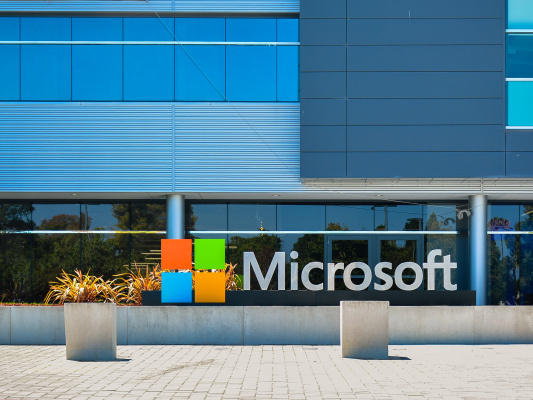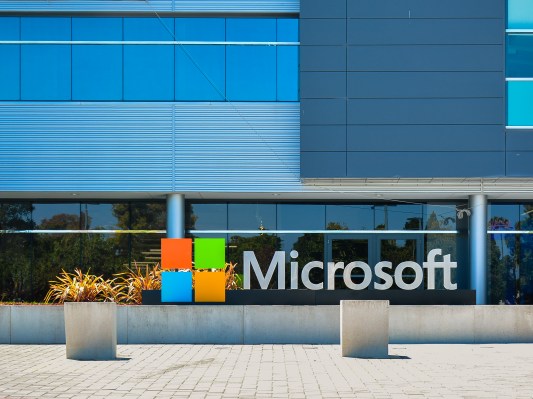Microsoft secures court docket order to take down malicious ‘homoglpyh’ domain names – TechCrunch


Microsoft has secured a court docket order to take down a number of malicious “homoglyph” domain names that had been used to impersonate Place of business 365 shoppers and devote fraud.
The generation massive filed a case previous this month after it exposed cybercriminal job focused on its shoppers. After receiving a buyer grievance a few trade e mail compromise assault, a Microsoft investigation discovered that the unnamed prison crew accountable created 17 further malicious domain names, which have been then used along with stolen buyer credentials to unlawfully get admission to and observe Place of business 365 accounts in an try to defraud the shoppers’ contacts.
Microsoft showed in a weblog submit revealed Monday {that a} pass judgement on within the Japanese District of Virginia issued a court docket order requiring area registrars to disable carrier at the malicious domain names, which come with “thegiaint.com” and “nationalsafetyconsuiting.com,” which have been used to impersonate its shoppers.
Those so-called “homoglyph” domain names exploit the similarities of a few letters to create misleading domain names that seem reliable. For instance, the use of an uppercase “I” and a lowercase “l” (e.g. MICROSOFT.COM vs. MlCROSOFT.COM).
“Those had been along with stolen buyer credentials to unlawfully get admission to buyer accounts, observe buyer e mail site visitors, collect intelligence on pending monetary transactions, and criminally impersonate [Office 365] shoppers, all in an try to lie to their sufferers into shifting finances to the cybercriminals,” Microsoft stated in its grievance, including that the cybercriminals “have led to and proceed to purpose irreparable harm to Microsoft, its shoppers, and the general public.”
In a single example, as an example, the criminals known a valid e mail from the compromised account of an Place of business 365 buyer referencing fee problems. Capitalizing in this knowledge, the criminals despatched an e mail from a homoglyph area the use of the similar sender title and just about an identical area. Additionally they used the similar topic line and structure of an e mail from the sooner, reliable dialog, however falsely claimed a cling were positioned at the account via the executive monetary officer and that fee had to be gained once imaginable.
The cybercriminals then tried to solicit a fraudulent twine switch via sending new twine switch knowledge showing to be reliable, together with the use of the emblem of the corporate they had been impersonating.
Microsoft notes that whilst those criminals will normally transfer their malicious infrastructure out of doors the Microsoft ecosystem as soon as detected, the order — granted on Friday — gets rid of defendants’ talent to transport those domain names to different suppliers.
“The motion will additional let us diminish the criminals’ features and, extra importantly, download further proof to adopt additional disruptions outside and inside court docket,” stated Amy Hogan-Burney, common supervisor of Microsoft’s Virtual Crime Unit.
The tech massive hasn’t but disclosed the identities of the cybercriminals accountable for the BEC assaults, however stated that “in keeping with the tactics deployed, the criminals seem to be financially motivated, and we consider they’re a part of an in depth community that seems to be based totally out of West Africa.” The objectives of the operation had been predominantly small companies working in North The us throughout a number of industries, in keeping with Microsoft.
This isn’t the primary time Microsoft secured a court docket order to step up its struggle in opposition to cybercriminals and identical assaults, which analysis presentations affected 71% of companies in 2021. Final 12 months, a court docket granted the tech massive’s request to snatch and take keep watch over of malicious internet domain names utilized in a large-scale cyberattack focused on sufferers in 62 international locations with spoofed COVID-19 emails.




